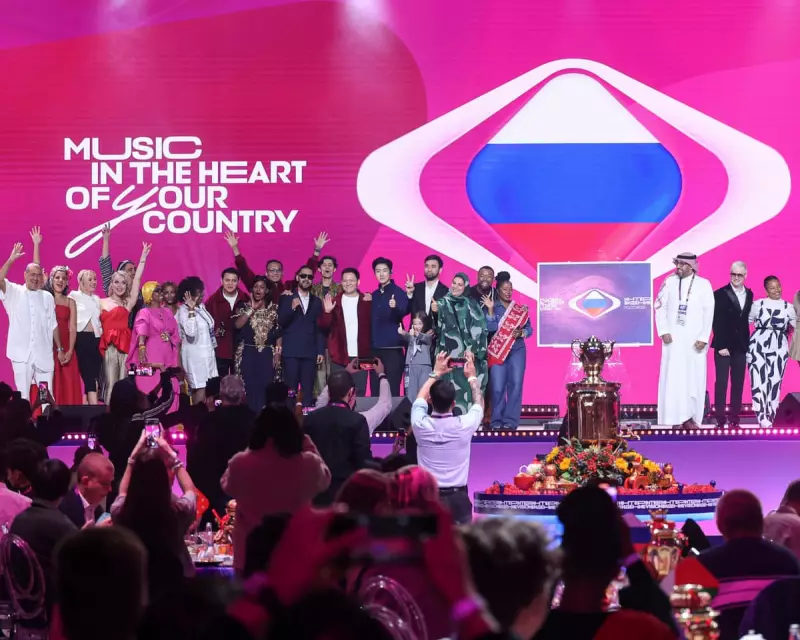
In a bold move that merges pop music with geopolitical strategy, a coalition of nations led by Russia, China, India, and Belarus is preparing to launch a direct competitor to the Eurovision Song Contest. Dubbed 'Intervision', this new spectacle is being positioned not merely as entertainment, but as a powerful instrument of cultural diplomacy and soft power.
A New Stage for Eastern Voices
The initiative, reportedly spearheaded by Moscow and Minsk with significant backing from Beijing and New Delhi, aims to create a platform that reflects its participants' cultural values and political worldview. This comes amidst longstanding accusations from these nations that Western-dominated cultural institutions, including Eurovision, are inherently biased and promote a specific political agenda.
While Eurovision has expanded beyond Europe to include Australia, its ethos remains firmly anchored in a Western liberal tradition. Intervision seeks to challenge this hegemony by offering an alternative model, one that its founders claim will be more inclusive and less politicised—a claim viewed with scepticism by many Western observers.
More Than Just Music: The Geopolitics of Performance
Analysts are quick to point out that Intervision is far more than a simple song contest. It is a calculated soft power manoeuvre designed to:
- Assert Cultural Influence: Project a distinct cultural identity separate from the West.
- Foster Strategic Alliances: Strengthen ties between the participating nations through a shared cultural project.
- Counter Western Narratives: Create a media event that can compete with Eurovision's massive global audience and offer a different perspective.
The development echoes Cold War history, where the USSR and its allies created alternative institutions to counter Western influence. The modern Intervision can be seen as a 21st-century incarnation of this strategy, leveraging globalised media to its advantage.
Challenges on the Road to the First Performance
Despite the ambitious plans, the fledgling contest faces significant hurdles. Agreeing on a unified format, rules, and hosting arrangements between such large and diverse powers could prove diplomatically fraught. Furthermore, attracting top-tier musical talent willing to align themselves with a overtly geopolitical project may be difficult.
The biggest question remains whether Intervision can generate the organic appeal and sheer entertainment value that has made Eurovision a global phenomenon for decades, or if it will be perceived purely as state-sponsored propaganda.
One thing is certain: the world of international song contests has just become a new arena for great power competition.





